Ahead of a meeting with Alexey Likhachev, the head of general contractor Rosatom, Hungarian Minister of Foreign Affairs and Trade Peter Szijjarto said that they would discuss the state of the works and the most important tasks in the coming period. The upgrade of the Paks nuclear plant is progressing rapidly, with the number of workers on site at 900 and growing, he highlighted.
The number of workers on the site is expected to rise to 8,000-10,000 at its peak. If you look at who is working there, you will see that besides the Russian general contractor, Western European, American and Hungarian companies are working successfully together on the project,
the minister said. In the current geopolitical context, he described this as an encouraging phenomenon, adding that perhaps "at some point, everyone will return to common sense, once we’re over the political and ideological issues and the war psychosis”.
He went on to say that work on soil stabilization, a key element for the safety of the construction, is in full swing, with a total of 76,000 piles planned to be driven, of which more than 20,000 have already been completed.
The minister underlined that the soil stabilization under the future nuclear island has already reached 82 percent completion, making it possible to start the tests of full excavation to a depth of 23 meters. These processes are crucial for the first pouring of concrete, which is planned to take place in a few months, he said.
This is a point in the construction of nuclear power plants that is always seen as a milestone,
he noted.
Besides the on-site work, the production of equipment with long manufacturing times is also underway, he said. One is the reactor vessel itself, which will take three years to forge and has been in progress for months near St Petersburg, while the other is the zone melt trap, which has been completed recently. The latter, a huge 750-tonne piece of equipment, has already been put on board of a ship and is now making its way along the Romanian section of the Danube towards Hungary, he said.
We expect it to arrive in a week or two. I'm a bit uncertain because the delivery date depends on the water level of the Danube, and we don't know exactly how long the transshipment will take at the Iron Gates,
he pointed out. Finally, he emphasized that the completion of the Paks nuclear power plant expansion is ensured by the fact that the Hungarian government succeeded in obtaining full exemption from any EU sanctions for the project.
So the good news is that the upgrade of the Paks nuclear plant is progressing well, production of equipment with long manufacturing time is underway, and everything is in place for two new units to help secure Hungary's energy supply at the beginning of the next decade,
he summarized. The upgradeing of the Paks nuclear power plant is crucial for Hungary in three respects, he said. First of all, this guarantees Hungary's long-term energy security, as the power plant with the two new units will supply about seventy percent of the country's total electricity needs. This will imply that the country will need to import much less, and will be less exposed to often completely unreasonable and unpredictable price changes on international energy markets, he explained.
Secondly, the Paks project is key in safeguarding the achievements of the government's utility price cut scheme, because today, most of all nuclear power plants can generate large amounts of electricity in a reliable and cheap way.
The third aspect is the protection of the environment, he said, pointing out that nuclear energy is indeed environmentally friendly as the upgraded Paks plant will cut annual gas consumption by 3 billion cubic meters, and carbon dioxide emissions by 17 million tonnes, the minister explained.
Cover photo: Hungarian Minister of Foreign Affairs and Trade Peter Szijjarto (Photo: MTI/Robert Hegedus)
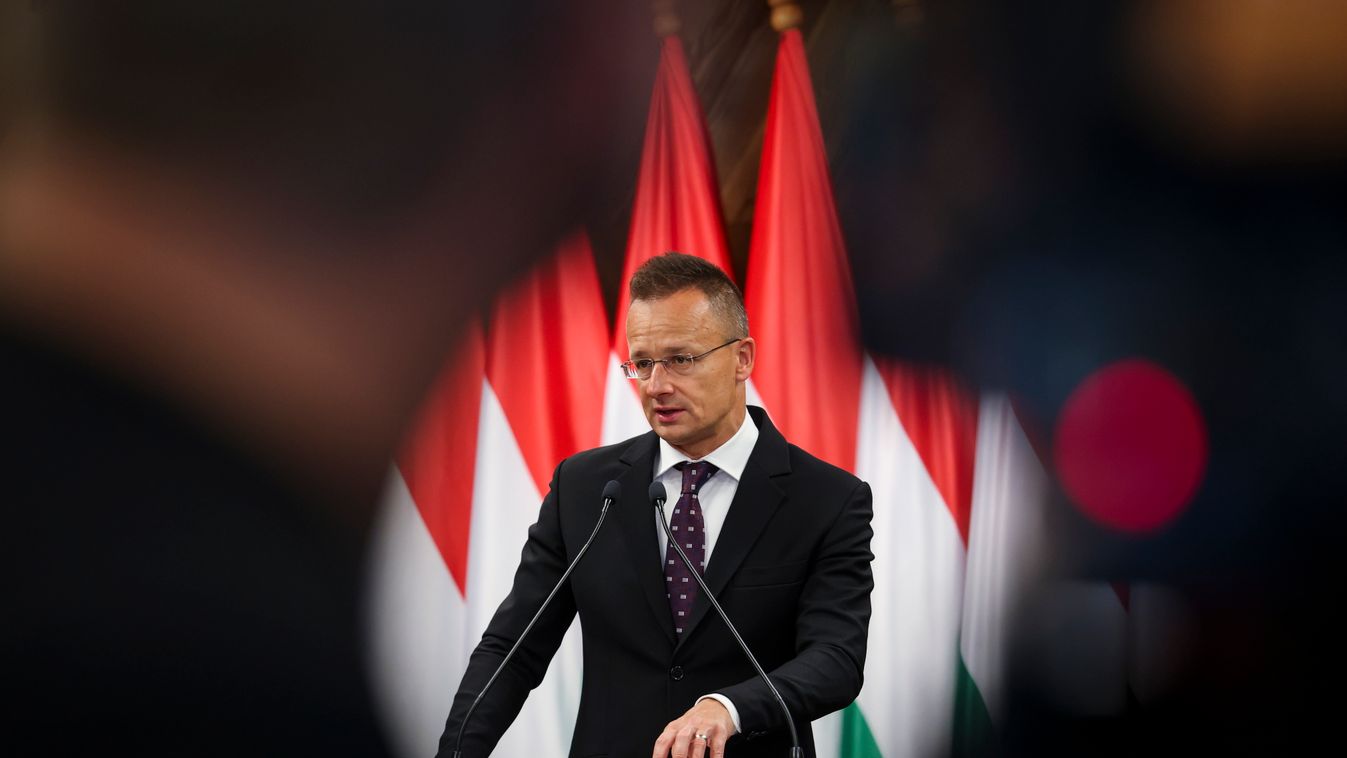
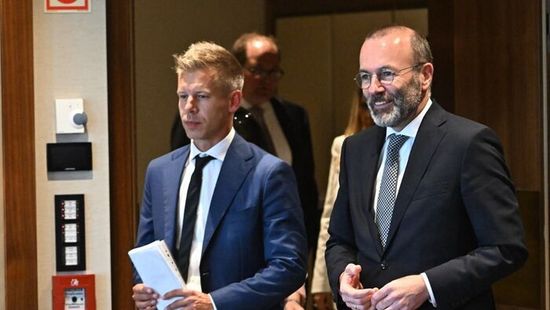
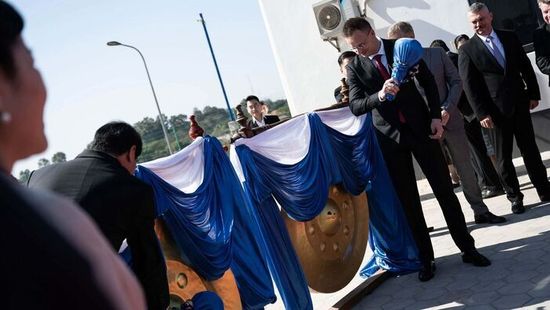
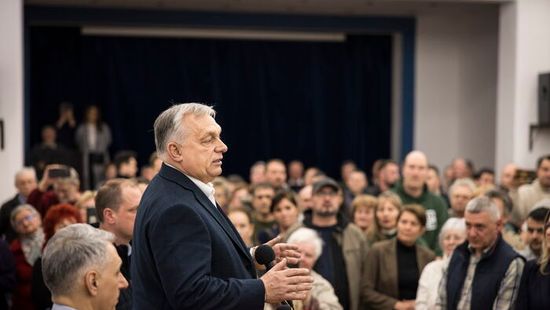
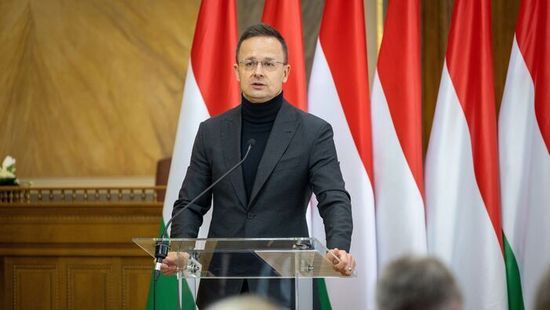

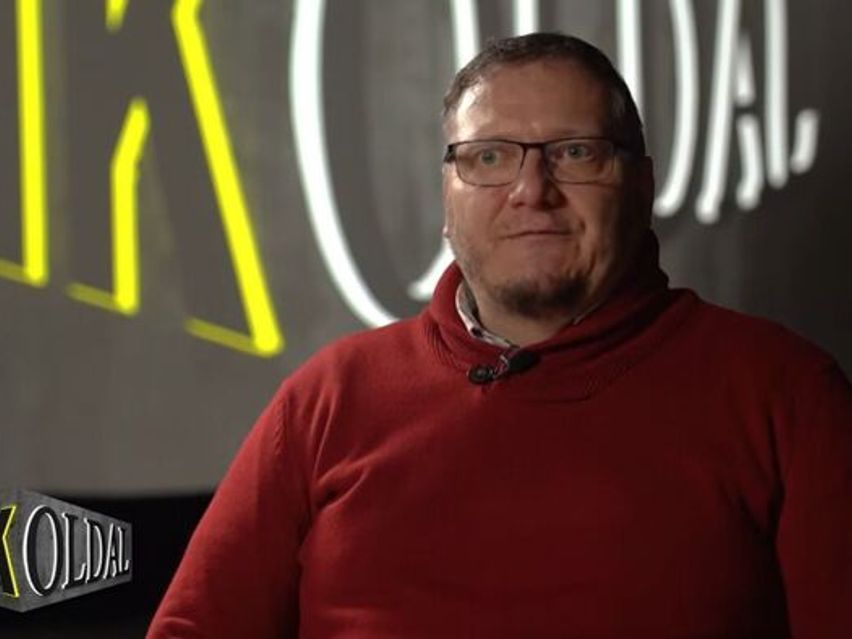

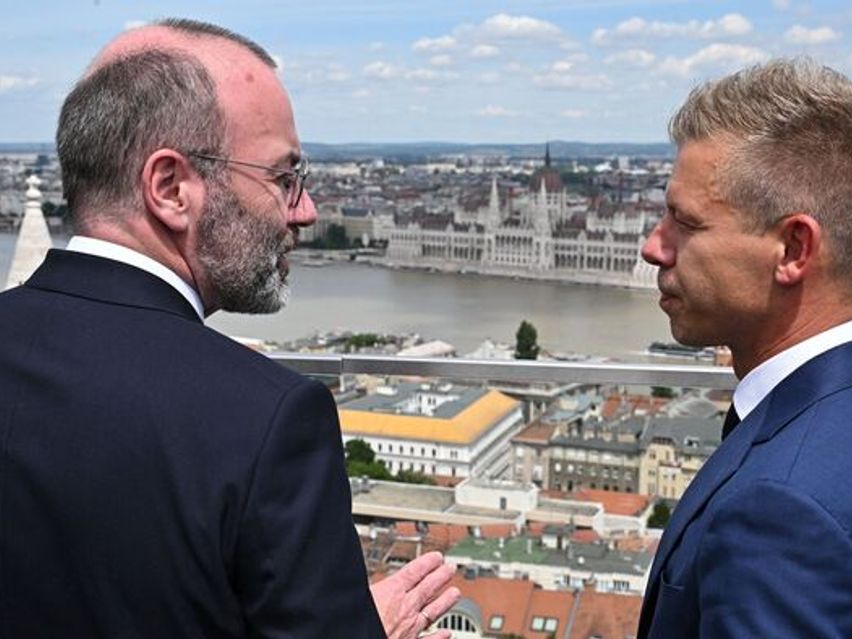
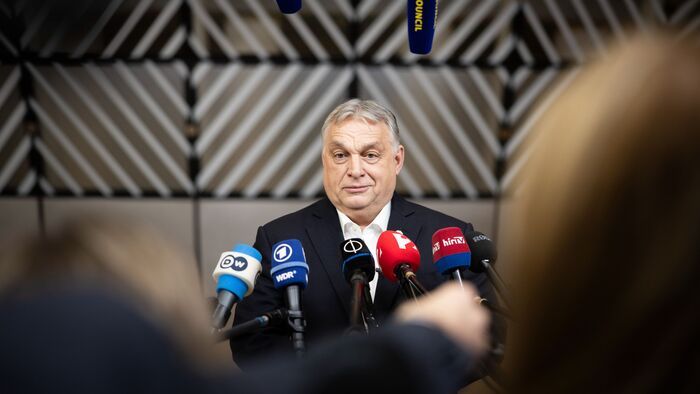

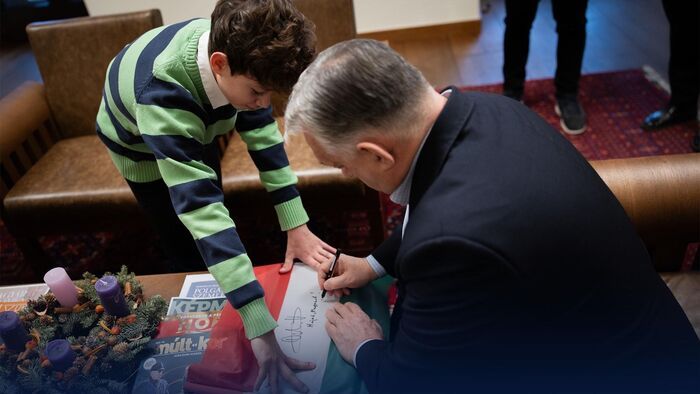
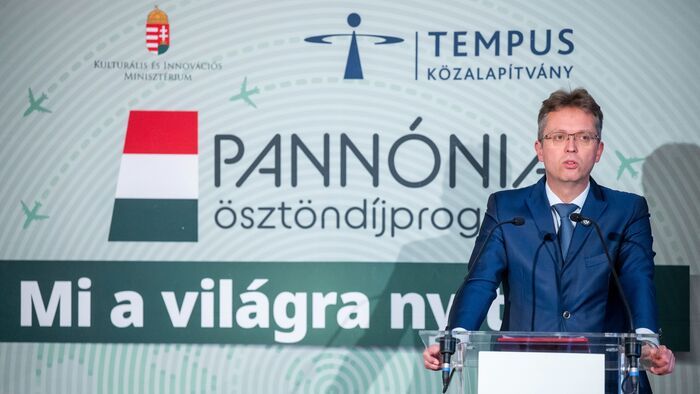
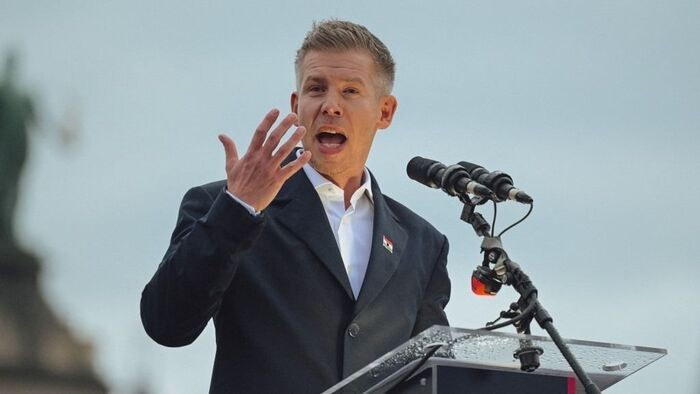
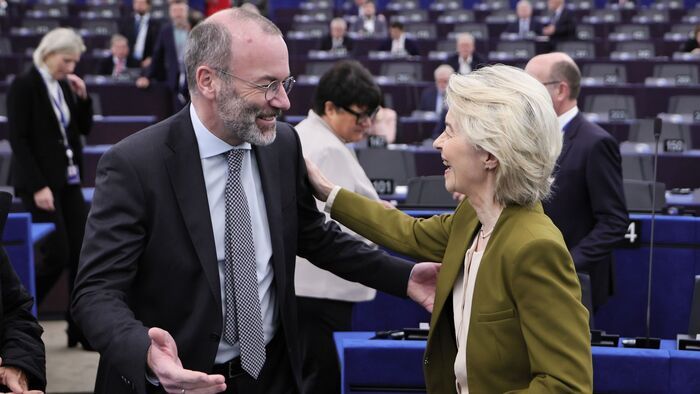
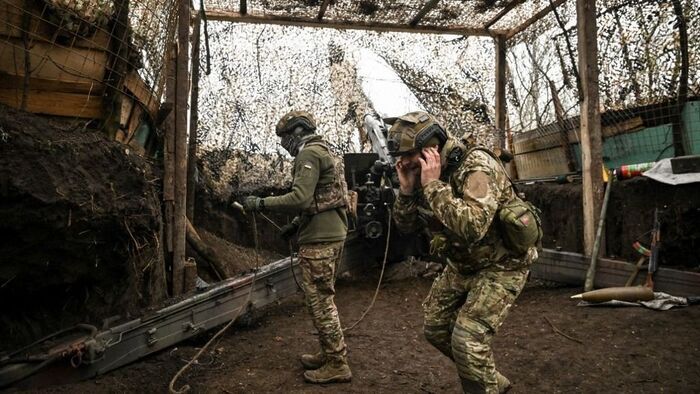
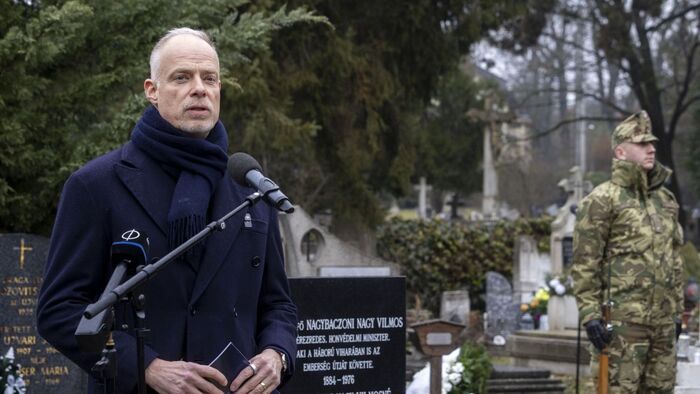
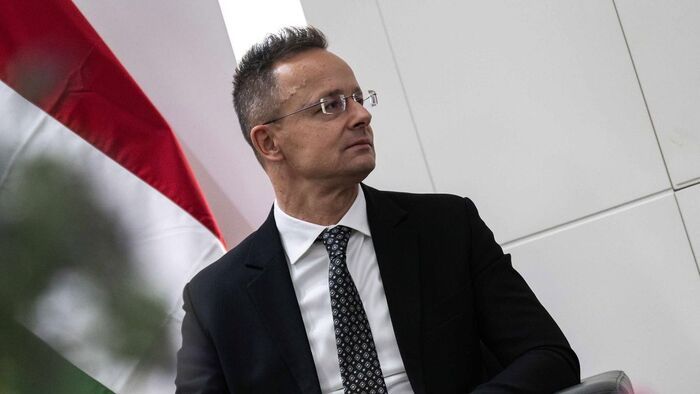

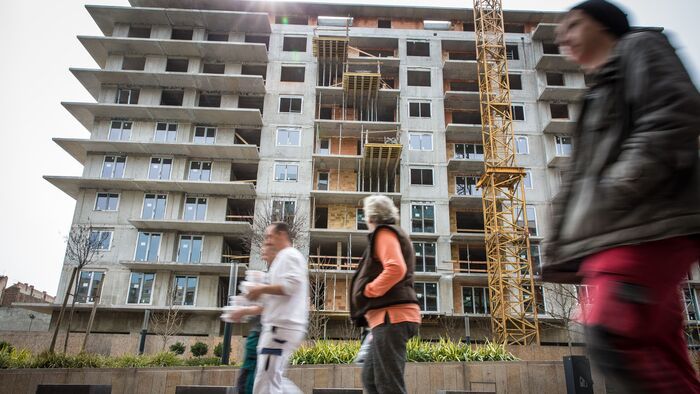



Szóljon hozzá!
Jelenleg csak a hozzászólások egy kis részét látja. Hozzászóláshoz és a további kommentek megtekintéséhez lépjen be, vagy regisztráljon!